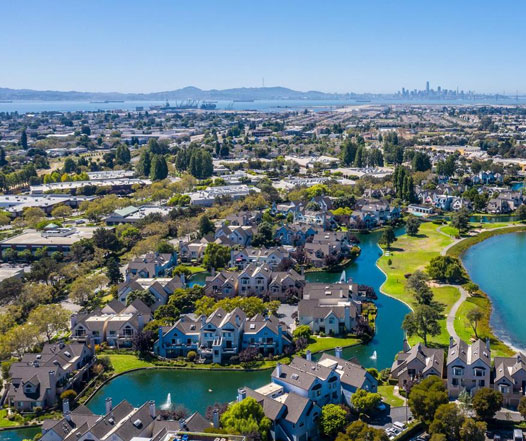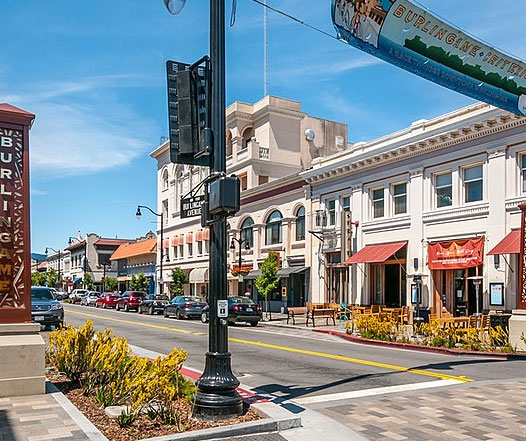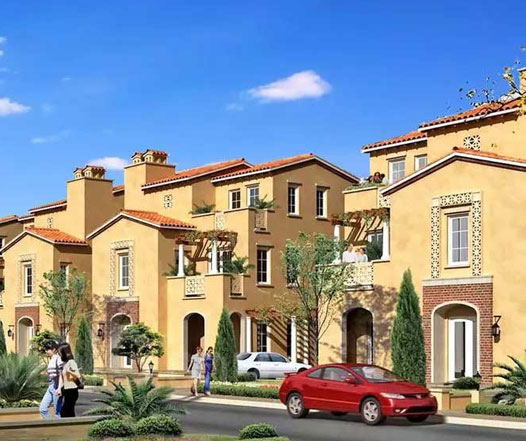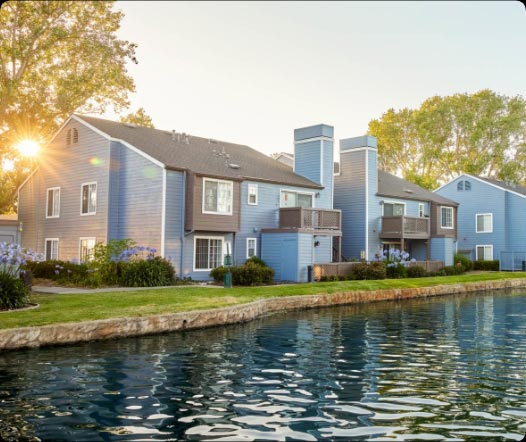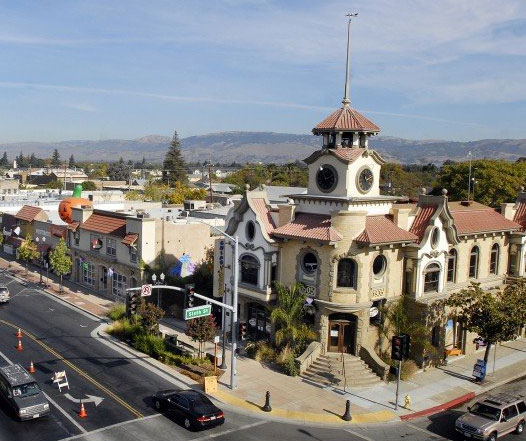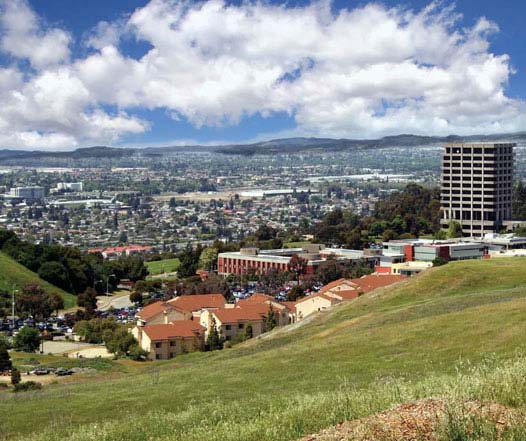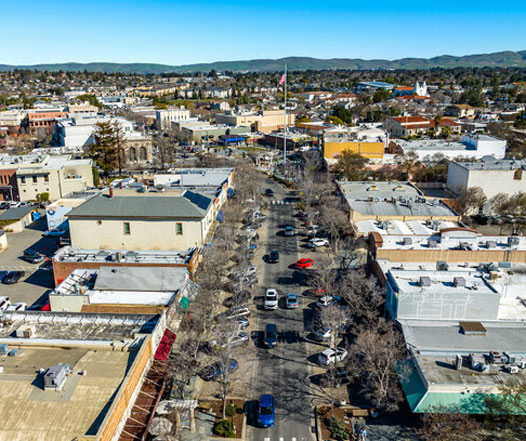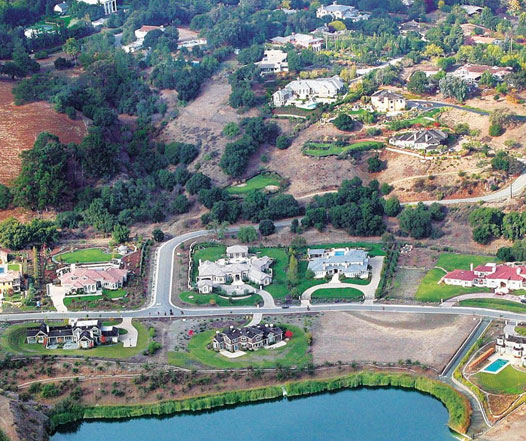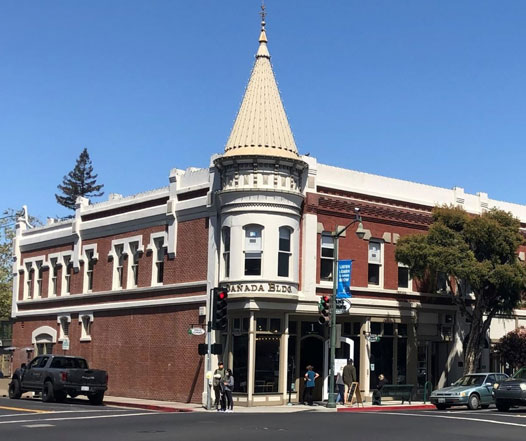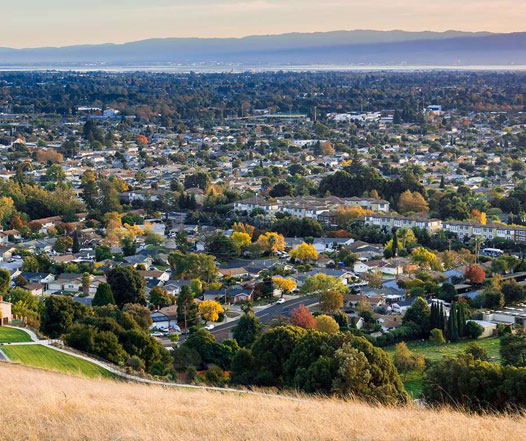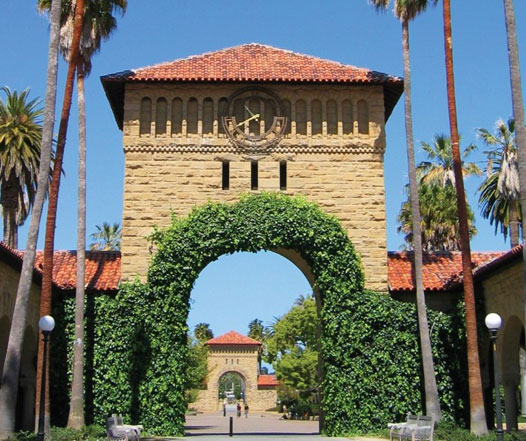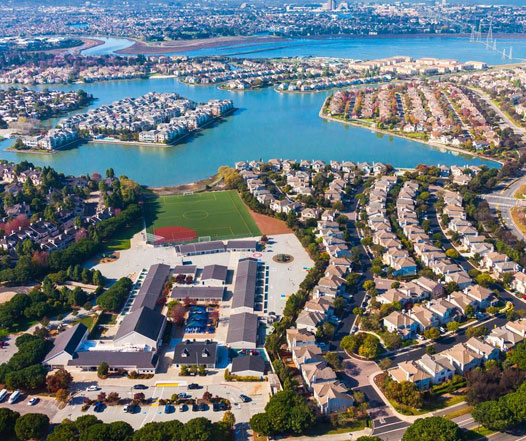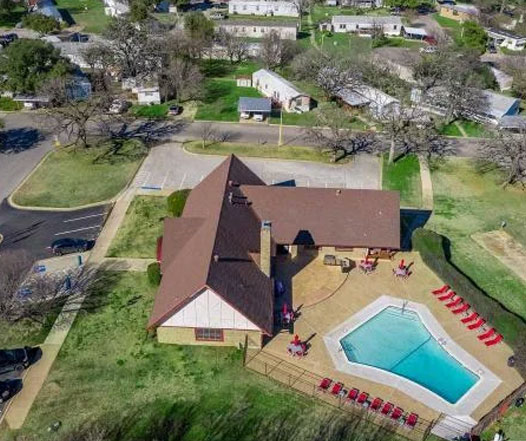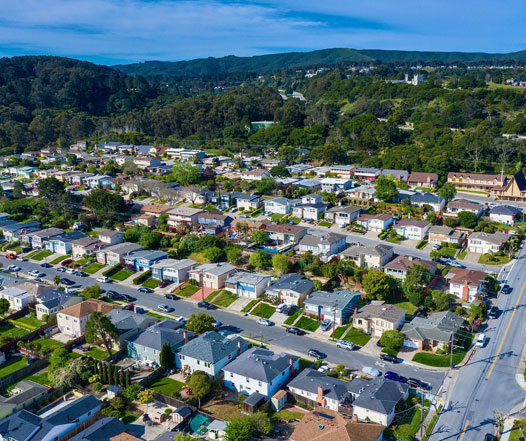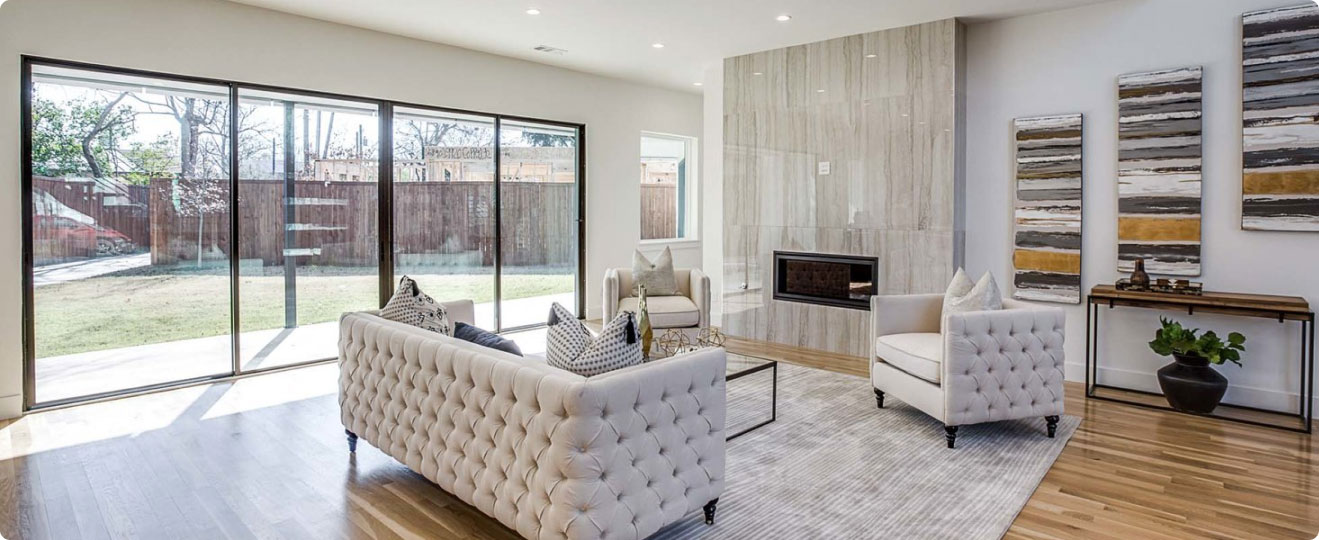
Introduction
When it comes to San Leandro ADU construction, one of the biggest challenge is getting the required permits on time. Most homeowners don’t get the permit on time because they fail to follow the relevant guidelines. Therefore, in this article we will take a look at some of the important rules and regulations that you should follow when you are building an ADU in San Leandro.
Essential ADU Rules for San Leandro
What you can build
Maximum size
Up to 1,200 square feet.
Side / rear setbacks
Minimum 4 feet.
Two stories
Allowed with specific conditions.
Building separation
Minimum 6 feet from other structures.
Permitting timeline
Standard
Approximately 60 days.
Coastal
Approximately 90 days.
Zoning Regulations in San Leandro
When you are planning for ADU construction in San Leandro, it is important that you follow the relevant zoning guidelines. Here are some of the limitations based according to lot size.
ADU Size Limitations
| Lot Size | Single-Family (Maximum Floor Area Allowed) | Duplex and Multi-Family (Maximum Floor Area Allowed) |
| Under 7000 | 700 sq ft | Not permitted |
| 7000 - 9999 | 800 sq ft | 1 ADU + 400 sq ft per existing unit (up to 1000 sq ft max) |
| 10000 - 12999 | 900 sq ft | 1 ADU + 450 sq ft per existing unit (up to 1000 sq ft max) |
| 13000 - 19999 | 1000 sq ft | 1 ADU + 500 sq ft per existing unit (up to 1000 sq ft max) |
| 20000+ | 1000 sq ft | 1 ADU + 550 sq ft per existing unit (up to 1000 sq ft max) |
ADU Height Limitations
ADUs in San Leandro are subject to a maximum height of 16 feet to ensure compatibility with surrounding properties.
Building Coverage
Building coverage for ADUs must not exceed 50% of the lot area.
Location
| Property Type | Location Requirement |
| Single-Family Homes | Attached ADUs: Can be built within the main house footprint. |
| Detached ADUs: Must be placed in the rear yard. | |
| Junior ADUs (JADUs): Must be within the main house. | |
| Duplex and Multifamily | Attached ADUs: Must be integrated within existing structures. |
| Detached ADUs: Must be located in the rear or side yard. |
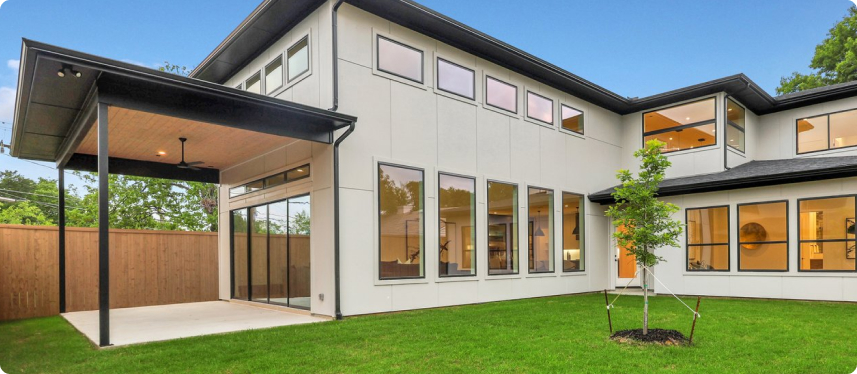
Exterior details
ADUs must match the primary residence in design, materials, and color to ensure aesthetic harmony.
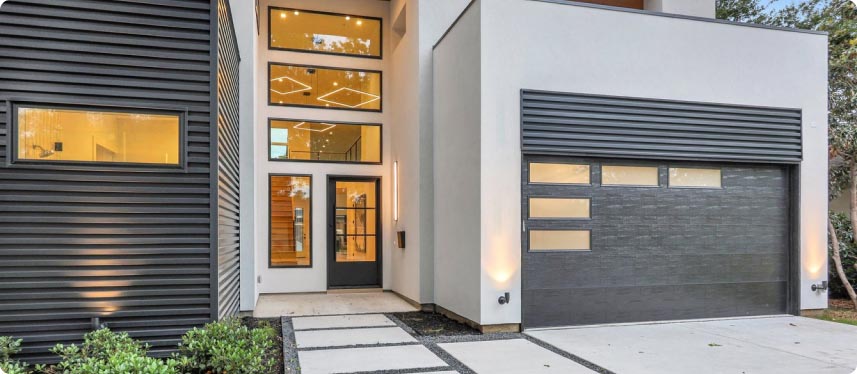
Parking
One off-street parking space is required per ADU, unless exempted by specific local conditions.
Setbacks and buffer zones
ADUs must maintain a minimum setback of 4 feet from side and rear property lines.
Minimum Lot Area
| Lot Size | Minimum Lot Area for ADU | Description |
| Under 7000 | ADUs not permitted | Smaller lots are not suitable for ADU development. |
| 7000 - 9999 | 7000 sq ft | Sufficient space for a modest-sized ADU. |
| 10000 - 12999 | 10000 sq ft | Adequate space for a standard ADU. |
| 13000 - 19999 | 13000 sq ft | Ample space for a larger ADU. |
| 20000+ | No minimum lot area requirement | Larger lots have no specific size constraints. |
Connection for utilities
ADUs must have independent utility connections, including water, sewer, and electricity, ensuring they are self-sufficient.
Fire safety
ADUs must comply with all local fire safety regulations, including smoke detectors and fire-resistant materials.
Room specifications
- Sleeping Areas: Must have at least one egress window for safety.
- Kitchen: Must include a sink, cooking appliance, and refrigerator.
- Bathroom: Must have a toilet, sink, and shower or bathtub.
- Storage: Adequate storage space must be provided for residents.
Short-term Rentals and Home Occupations Regulations
ADUs in San Leandro can be used for short-term rentals if they comply with local ordinances and obtain the necessary permits.
Building Codes
ADUs must comply with all local building codes, including structural, electrical, and plumbing standards.
San Leandro ADU Permit Guidelines
| Permit Type | Description | Estimated Fee |
| Building Permit | Required for ADU construction. | $2500 - $5000 |
| Electrical Permit | Required for wiring. | $400 - $700 |
| Plumbing Permit | Required for plumbing work. | $400 - $700 |
| Mechanical Permit | Required for HVAC systems. | $400 - $700 |
| Grading Permit | Required for ground preparation. | $300 - $500 |
| Site Development Permit | Required for site changes. | $300 - $500 |
| Zoning Permit | Required for zoning compliance. | $200 - $400 |
Property Requirements
Properties must meet specific criteria to qualify for ADU development, ensuring compatibility with neighborhood character.
Parking
Adequate parking must be provided, typically one space per ADU unless exempted.
Front setbacks
Front setbacks for ADUs must be a minimum of 20 feet from the front property line.
Side and rear setbacks
Side and rear setbacks must be at least 4 feet to maintain privacy and safety.
Open space and rear yards
ADUs must maintain sufficient open space and rear yard area to ensure a comfortable living environment.
Properties That Qualify
To determine your property’s eligibility for ADU development, contact the San Leandro Planning Department.
- Verify that your property is within San Leandro’s jurisdiction.
- Check the specific residential zones that permit ADUs. Common zones in San Leandro include R-1, R-2, and R-M.
- Other General Plan designations that permit ADUs:
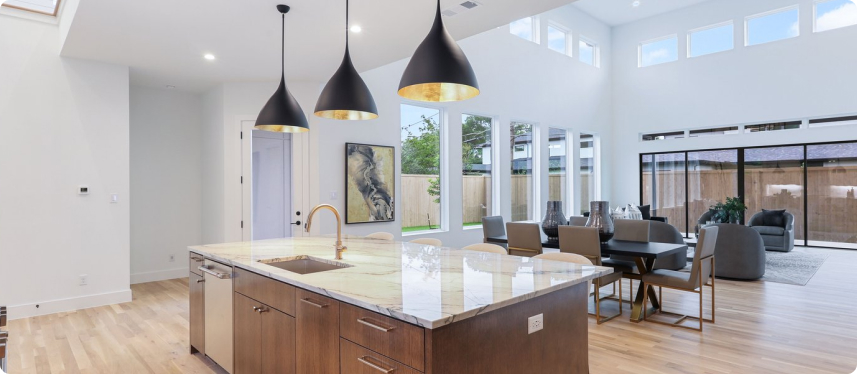
- Residential Mixed-Use (RMU): Allows for a blend of residential and commercial uses, providing flexibility in ADU placement.
- Transit-Oriented Development (TOD): Encourages higher density housing near transit hubs, making ADUs ideal for these areas.
- Specific Plan areas: Designed with unique guidelines, often supporting innovative housing solutions like ADUs.
Development standards
Single-family
- Attached: Must share a common wall with the primary residence and match its design.
- Detached: Must be located in the rear or side yard, maintaining design harmony with the main house.
Duplex properties
- Attached: Can be added to an existing duplex, provided it complies with building codes.
- Detached: Must be situated in the rear yard, ensuring it does not overshadow the primary units.
Multifamily properties
- Attached: Can be integrated within the existing building structure, subject to space and design constraints.
- Detached: Typically located in the rear yard, respecting the overall site layout and density.
Junior ADUs (JADUs)
Must be within the primary dwelling, with a maximum size of 500 square feet, and include independent living facilities.
Property designations
- Flood Zones: ADUs in flood zones must comply with floodplain management regulations to ensure safety.
- Geohazard Zones: ADUs in geohazard areas must adhere to specific construction standards to mitigate risks.
- Historic Designation: ADUs on historically designated properties must maintain the architectural integrity of the site.
- Easements: ADUs must not encroach on existing easements, ensuring access and utility rights are preserved.
Summary
So these were some of the most important things that you should know about when you are planning for ADU construction in San Leandro. When you are working with a specialist ADU contractor, you will get all the support that you need in following these regulations and getting the permits on time. So, get in touch with a trusted contractor and build your ADU in San Leandro without any hassles.
FAQ
San Leandro allows both attached and detached ADUs, as well as Junior ADUs within primary residences.
Yes, ADUs have size limitations based on lot size, ranging from 700 to 1,000 square feet for single-family homes.
ADUs must maintain a minimum setback of 4 feet from side and rear property lines.
The standard permitting process typically takes around 60 days, with coastal areas taking up to 90 days.
ADUs are permitted in various residential zones, including R-1, R-2, and R-M zones.
Yes, ADUs must have independent utility connections, including water, sewer, and electricity.
One off-street parking space is required per ADU, unless specific exemptions apply.
Short-term rentals are allowed if they comply with local ordinances and obtain the necessary permits.
ADUs must not exceed a height of 16 feet to ensure compatibility with surrounding properties.
Yes, ADUs must match the primary residence in design, materials, and color.
ADUs must comply with local fire safety regulations, including smoke detectors and fire-resistant materials.
Permits required include building, electrical, plumbing, mechanical, grading, site development, and zoning permits.
Yes, the minimum lot size varies, with smaller lots under 7,000 square feet not permitting ADUs.
ADUs in flood zones must comply with floodplain management regulations to ensure safety.
ADUs in geohazard areas must adhere to specific construction standards to mitigate risks, such as reinforcing foundations and using appropriate building materials.
ADUs on historically designated properties must maintain the architectural integrity of the site and comply with preservation guidelines.
ADUs must not encroach on existing easements, ensuring access and utility rights are preserved and unhindered.
Yes, ADUs can be used for home occupations, provided they comply with local zoning and business regulations.
ADUs must harmonize with the primary residence in terms of design, materials, and color to maintain neighborhood aesthetics.
Junior ADUs must be within the primary dwelling, not exceeding 500 square feet, and include independent living facilities.
ADUs must maintain sufficient open space and rear yard areas to ensure a comfortable living environment and comply with local zoning laws.
ADUs in TOD areas may have reduced parking requirements, promoting higher density housing near transit hubs.
Yes, multifamily properties can add ADUs, provided they meet space, design, and building code requirements.
ADUs must include specific room features: sleeping areas with egress windows, kitchens with essential appliances, bathrooms with standard fixtures, and adequate storage space.
